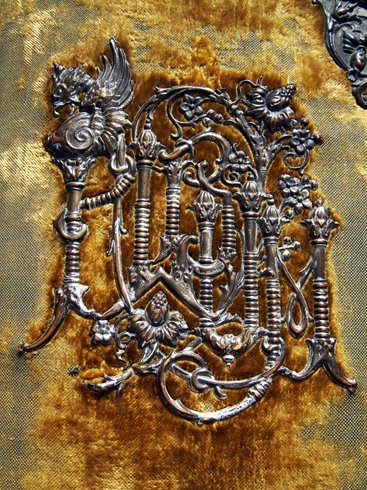 Aziz converses with his lover in a tent before his is castrated for betraying her love. Scene from Arabian Nights
Aziz converses with his lover in a tent before his is castrated for betraying her love. Scene from Arabian Nights
I've been recently watching Pier Paolo Pasolini's The Trilogia della vita (Trilogy of Life), and have been blown away by the beauty of his cinematic vision. Much like his most controversial work, his interpretation of the Marquis de Sade's Salo: Or the 120 Days of Sodom, the three films in the series, The Decameron, The Canterbury Tales, and Arabian Nights, all based upon the seminal works of Western literature. Each film (incredible as individual pieces as well as a whole) retains Pasolini's aesthetic edge and his immediately recognizable raw and unflinchingly erotic storytelling style. The painterly quality of the images in each scene, conjures the spirit of the best Italian masters, the screen dripping with rich color, elaborate costume, and uniquely Italian humor and introspection.
Unfortunately, Pasolini was violently assassinated at his home in 1975 for his radical role in Italy's Marxist movement as well as his (then) controversial homosexual lifestyle. We'll never known what fullness of artistic vision Pasolini may have achieved.



No comments:
Post a Comment